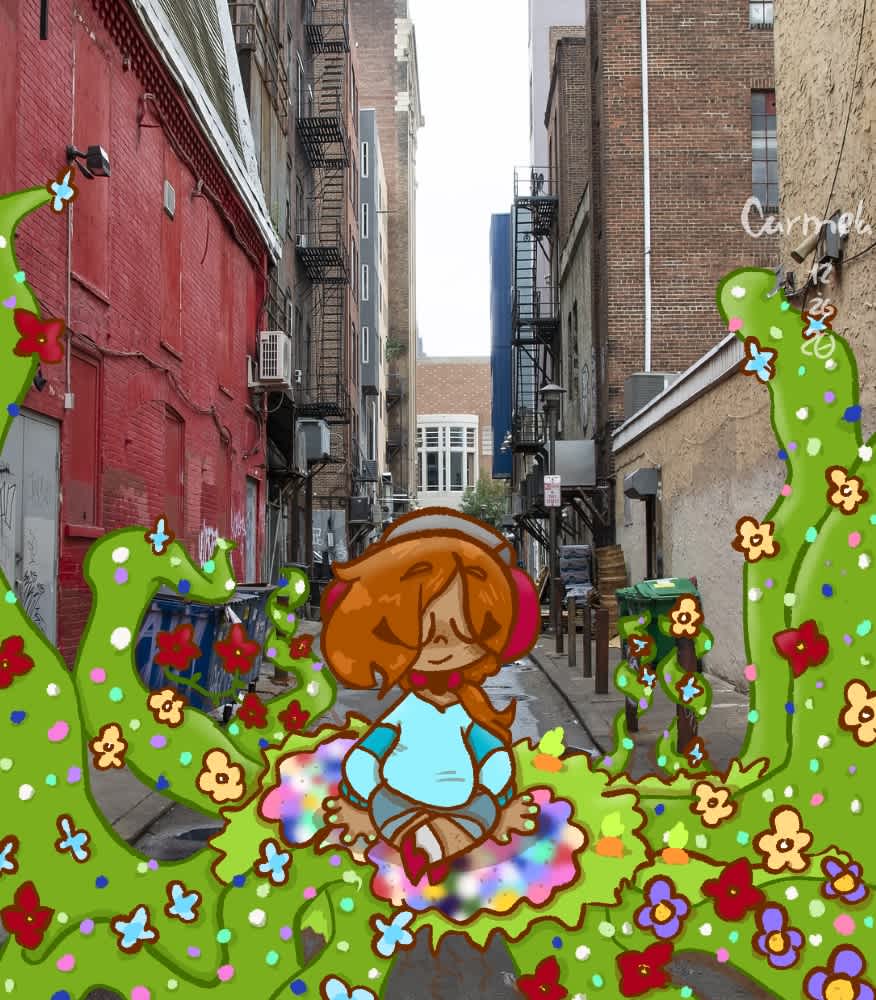
Harmonize!
You are nature.
Cooperation Denton seeks to harmonize our relationship with the rest of nature by recognizing that so much of the ecological problems we face today actually have their roots in social problems; how we treat the ecosystem we live in is mirrored by how we treat each other.
Traditionally environmentalists tend to section off environmental issues from other issues and look to address them in this light, but we use the lens of Social Ecology to locate the social problems that make environmental degradation even thinkable.
The domination of humans by other humans via coercive hierarchies (such as patriarchy) has lead to the desire of humans to dominate nature. Those human societies that first started to express social domination were the same societies that first turned the natural world into an object itself, that can, and should (by human destiny), be dominated. It should be noted that class, while one tool of domination, is not necessarily the cause of all forms of domination.
Cooperation Denton looks to break down the view that humans are separate from nature. Nature includes humans, the environment and the other forms of life around us, with all parts interconnected and integral to each other in a symbiotic relationship of harmony and cooperation. But we also want to redefine how we view the intersectionality of what causes environmental degradation and address this by creating lasting changes to social, political, and economic systems and worldviews that govern our lives. Such changes look like regenerative economic practices, creating a solidarity economy, reinvolving the people in the political process via decentralized direct democracy, combating the sprawling atomization of urbanization via neighborhood pods and municipalism, building communal culture and creativity and the researching, creating, and using liberatory and ecological technology.
Social Ecology is connected to all of our other pillars. With decentralized politics through directly democratic assemblies, can you imagine neighbors possibly voting to pollute their own block, pillage their own ecosystem? With a solidarity economy controlled by the residents themselves, priority can be placed on economic activity that benefits ecology, not destroys it. If we recognize that as soon as it becomes socially normal to dominate other humans, it becomes much easier to push that domination on the rest of the natural world, then we can begin to heal our relationships with each other while making great strides in overcoming our ecological problems.